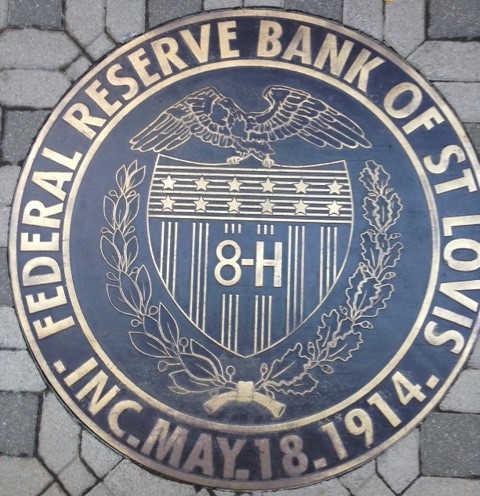Educating Students for a Changing World
AIER continues to innovate in the sphere of economic education. This semester we are helping students gain practical economic research skills as they take applied economic research courses at two universities: the University of Sioux Falls in South Dakota, and the Missouri University of Science and Technology.
Through this partnership, students will develop skills such as effective collaboration, economic research, analytical and critical thinking, and professional writing. These skills will culminate in the students’ meaningful contribution to a unique research project.
Twenty students are enrolled in this class across the two schools. They have divided themselves into four teams. AIER researchers serve as outside experts and practitioners.
We asked students to analyze employment trends in various industries, and relate those to business cycles. This analysis will help us with work on our Employment Destination Index, as well as our Business Conditions Monthly publication.
Our remote collaboration so far has consisted of two Skype sessions with students to get acquainted and discuss the project at hand. There was an opportunity to ask questions, clarify the work flow and expectations. By the beginning of October, the four teams delivered a review of the literature, and data description parts to us. Our staff provided feedback and direction for further research.
The data for employment in the sectors chosen by students were obtained through the FRED portal of the Federal Reserve Bank of St. Louis. Then students were asked to distinguish between trend growth and fluctuations around the trend for each sector. This task proved to be more of an art than a science. They needed to select the moving average that would smooth the line enough to eliminate random fluctuations, but not too much so as not to make it completely a straight line. It was interesting to read each team’s hypothesis about the trends in their sector and relation of those trends to the business cycle.
As the semester progresses, students learn not only about employment trends in various sectors, but also how to communicate remotely, how to organize a team of intellectual contributors, and how to ask questions through email in a professional way.
Next week, I will be sharing this experience with participants at the 14th Annual Professors Conference at the St. Louis Fed. The professors who are teaching those classes will be there with me. We will promote this arrangement to other universities because we believe that students gain a lot of new knowledge and skills from exposure to the practical world. I wrote about two features of practical experience, problem formation and the role of teamwork, in earlier blogs.
This kind of collaborative arrangement between academic institutions and practitioners is an innovative approach not only to improving undergraduate economic education, but also in helping undergraduates broaden their knowledge, gain practical experience, and become successful participants in the global workforce of a changing world.
Click here to sign up for the Daily Economy weekly digest!









